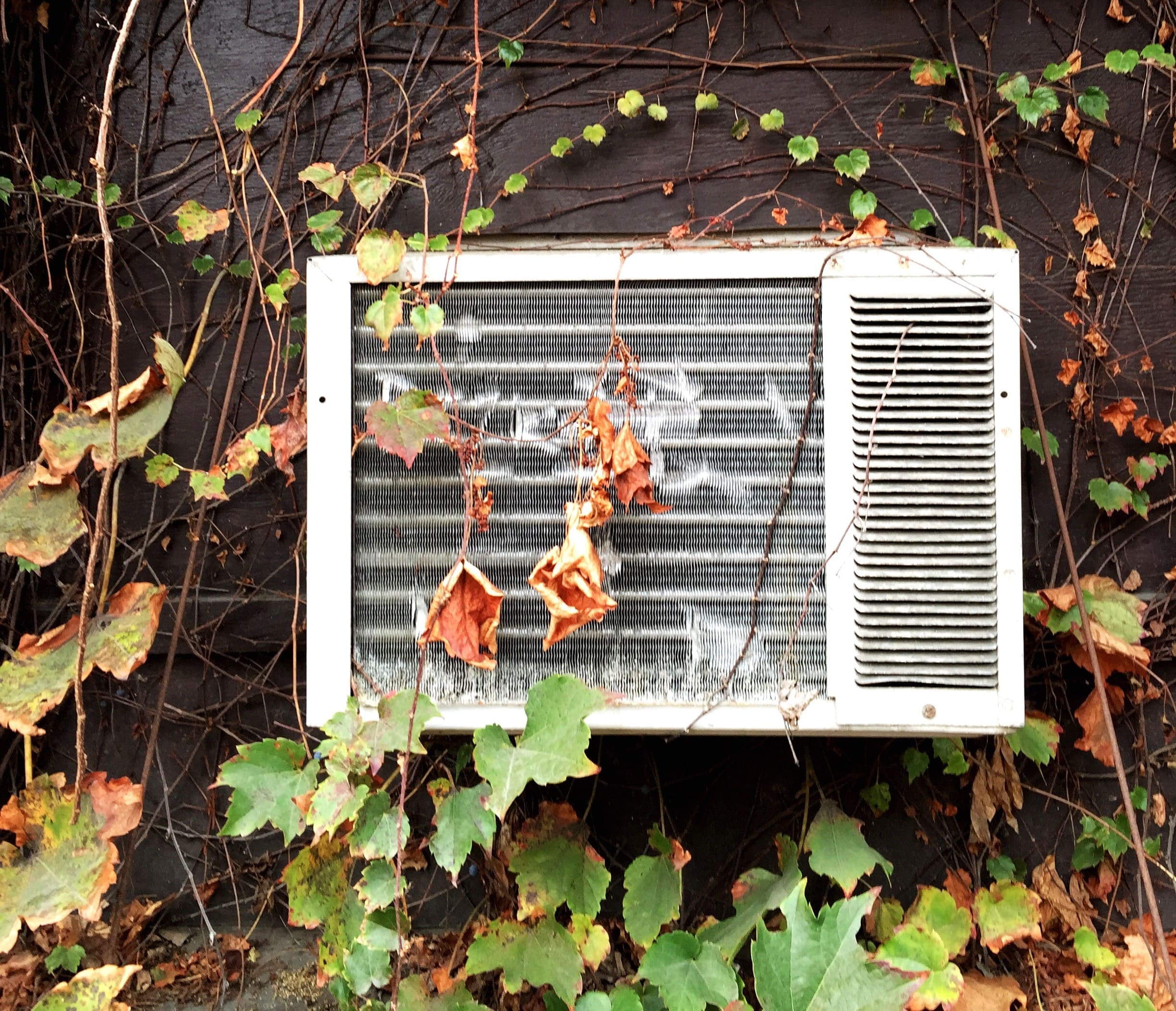As a climate control engineer based in Canberra, I’ve witnessed firsthand the effects of climate change on air conditioning requirements in our region. In this article, I’ll explore the intersection of climate change and air conditioning Canberra, discuss the challenges posed by extreme weather events, and highlight the importance of adapting HVAC systems to changing climates in the Australian Capital Territory (ACT).
Adapting HVAC Systems to Changing Climates ACT
Climate change is altering weather patterns and exacerbating temperature extremes, presenting unique challenges for HVAC professionals in Canberra. As average temperatures rise and heatwaves become more frequent and severe, it’s imperative to adapt HVAC systems to meet the evolving cooling needs of residents in the ACT. Explore more here.
Adapting HVAC systems to changing climates involves implementing climate-responsive air conditioning strategies that prioritise energy efficiency, resilience, and comfort. This may include upgrading equipment, optimising system designs, and integrating smart technologies to mitigate the impacts of climate variability on indoor environments.
Extreme Weather and Cooling Demands in Canberra
Extreme weather events, such as heatwaves and prolonged periods of high temperatures, place considerable strain on HVAC systems and increase cooling demands in Canberra. During heatwaves, residents rely heavily on air conditioning to maintain comfortable indoor temperatures and mitigate the health risks associated with extreme heat.
To address these challenges, HVAC professionals must design resilient cooling solutions that can withstand the rigors of extreme weather while minimising energy consumption and environmental impact. This may involve incorporating energy-efficient equipment, improving insulation, and implementing demand response strategies to enhance energy resilience in HVAC designs Canberra.
Heatwave Preparedness for Canberra Residents
Heatwaves pose significant health risks, particularly for vulnerable populations such as the elderly, children, and individuals with pre-existing medical conditions. As temperatures soar, it’s essential for Canberra residents to be prepared and equipped to cope with extreme heat and maintain indoor comfort.
Heatwave preparedness involves more than just turning on the air conditioner. It includes strategies such as staying hydrated, seeking shade, and limiting outdoor activities during peak heat hours. Additionally, residents can optimise their HVAC systems for efficiency by scheduling regular maintenance, sealing air leaks, and upgrading to energy-efficient equipment.
Resilient Cooling Solutions for Climate Variability
In the face of climate variability and uncertainty, resilient cooling solutions are essential for ensuring indoor comfort and sustainability in Canberra. Resilient HVAC systems are designed to withstand a range of climatic conditions, from heatwaves to cold snaps, while maintaining consistent performance and efficiency.
One approach to resilience is diversifying cooling sources and incorporating renewable energy technologies such as solar power and geothermal cooling. By harnessing clean and renewable energy sources, homeowners can reduce reliance on grid electricity, enhance sustainable cooling initiatives for climate mitigation, and minimise their carbon footprint.
Cooling Challenges in a Warming Climate
As temperatures continue to rise due to climate change, the demand for air conditioning is expected to increase significantly in Canberra and other regions with similar climatic conditions. This upward trend poses challenges for energy infrastructure, grid stability, and environmental sustainability. Visit our page.
To address these challenges, policymakers, urban planners, and HVAC professionals must collaborate to develop innovative solutions that promote energy efficiency, resilience, and climate adaptation in air conditioning technology. This may involve investing in smart grid technologies, incentivising energy-efficient retrofits, and promoting sustainable cooling practices among residents and businesses.
Conclusion
In conclusion, climate change is reshaping air conditioning needs in Canberra and driving demand for innovative, resilient cooling solutions. From climate adaptation in air conditioning technology to heatwave preparedness and energy resilience, addressing the impacts of climate change requires a multifaceted approach that prioritises sustainability, efficiency, and public health.
As a climate control engineer, I’m committed to helping Canberra residents and businesses navigate the challenges of climate change and ensure indoor comfort and resilience in the face of evolving climatic conditions. By embracing sustainable cooling initiatives and adopting climate-responsive strategies, we can build a more resilient and sustainable future for our community
About the Author
Name: Mark Elworthy
Position: HVAC Service Operations Manager
Location: Canberra, ACT
Experience: Mark Elworthy has been working as the HVAC Service Operations Manager at Landmark Air Pty Ltd for the past four years. He oversees the service operations for heating, ventilation, and air conditioning systems, ensuring efficient and reliable services are provided to clients. With his extensive experience in the HVAC industry, Mark has gained valuable expertise in managing service teams, coordinating maintenance schedules, and troubleshooting complex system issues. His leadership and operational skills have been instrumental in maintaining high standards of service delivery at Landmark Air Pty Ltd.



